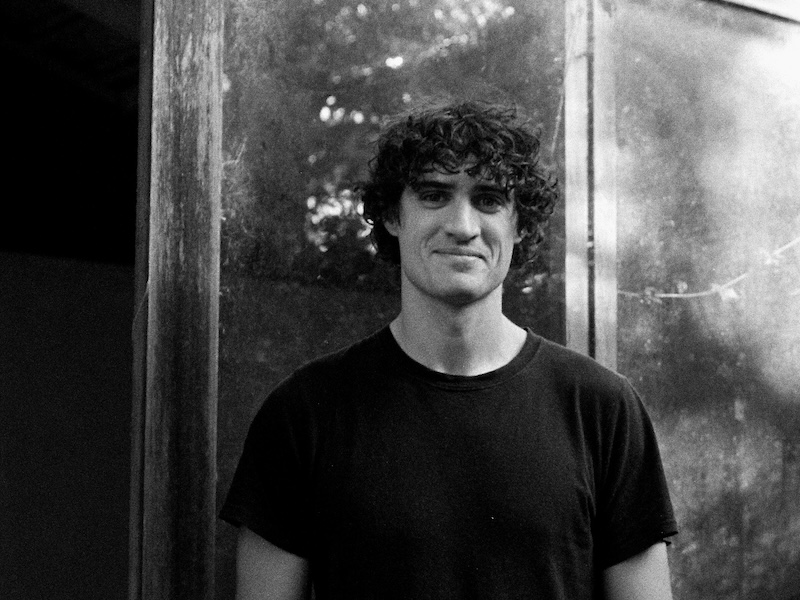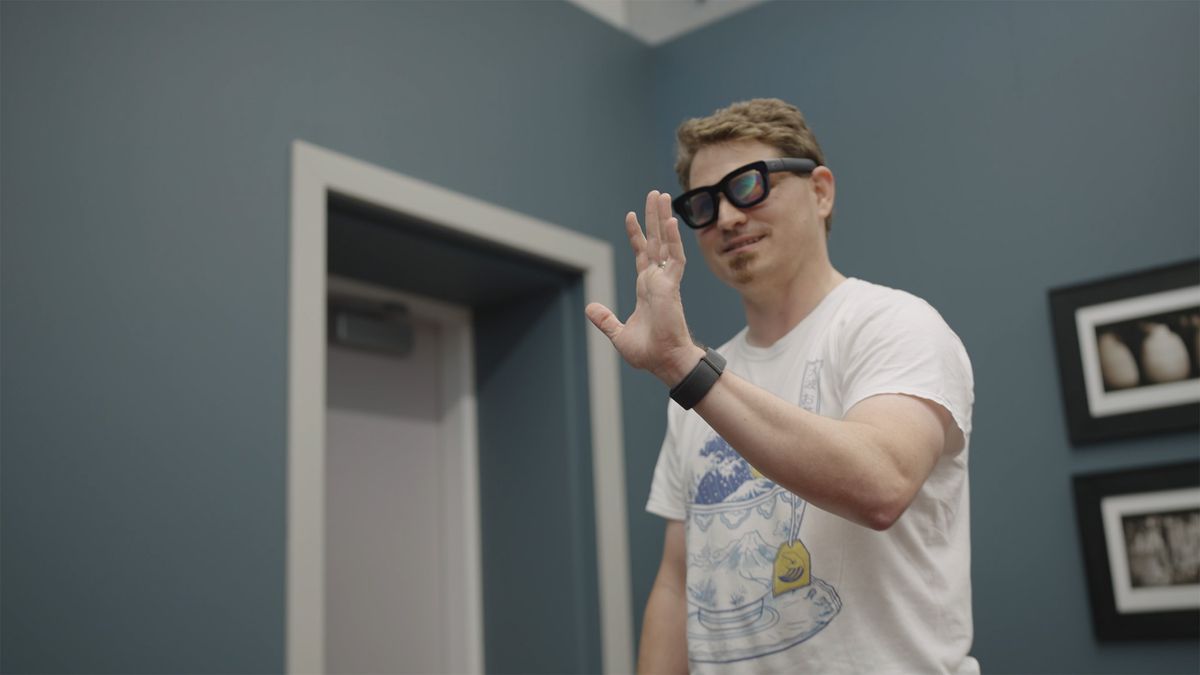
Photo: 123rf
A qualified neurosurgeon could be lost to the South, after Lucas Rakasz failed to convince a district court judge to immediately accredit him to work in this country.
Rakasz hoped to work in the neurosurgery department in Dunedin Hospital, but his dreams were seemingly dashed when the New Zealand Medical Council – which registers all clinical professionals who hope to work in this country – declined his application.
Rakasz mainly trained in Hungary but has worked extensively in Britain – including training neurosurgeons – and his referees included the president of the British Neurosurgical Society.
After he threatened legal action, the council offered to reconsider its decision, but Rakasz opted to seek a court order that he be registered.
His case was heard in Wellington earlier this month.
In a judgement released yesterday, Judge Kevin Kelly allowed Rakasz’s appeal against the council decision not to register him, but rather than order Rakasz be registered, the judge instead ordered the council reconsider its decision.

Lucas Rakasz
Photo: Otago Daily Times
Yesterday, Rakasz told the Otago Daily Times he did not know how long that process might take, and he needed to continue earning to support his family.
“I honestly don’t know what I am going to do at this point … but I still want to provide a service for the people who live here.”
Rakasz said he had been offered work overseas but his family was settled in Dunedin.
Dunedin has a three-surgeon neurosurgery department, but it has never been fully staffed and for several years the service has struggled with a single surgeon.
In his judgement, Judge Kelly said that there was no doubt that Rakasz had qualifications, training and experience as a neurosurgeon, but what was in dispute was whether they were equivalent to those of a New Zealand vocationally trained neurosurgeon.
The judgement said the council had sought advice from the Royal Australasian College of Surgeons, but it was not apparent how the college had compared Rakasz’s training with New Zealand vocational training and why it thought Rakasz’s training was deficient.
The judge was satisfied the council had adopted the college’s reasons without explanation or reference to Rakasz’s submissions and had failed to carry out its own inquiries.
“As a result, the council could not be satisfied there was a real difference in qualifications.
“By failing to do so, the council failed to apply the test as to whether Mr Rakasz’s qualifications were ‘as satisfactory as’ a New Zealand-trained doctor.”
While it might have been difficult for the council to disagree with the college, the fact that it did not make those inquiries meant Rakasz was left unsure about what else he needed to do to obtain registration.
For the court to order Rakasz to be registered it would need to undertake the very analysis the council did not, but the court did not have the same knowledge as a specialist body.
Given that, the appropriate course of action was to order the council to reconsider its decision, Judge Kelly said.
“I do not accept that it is beyond the council to reconsider the matter afresh.
“The council appears seized of prior procedural irregularities and there is no reason to believe that armed with this decision and the concerns of Mr Rakasz it cannot make an objective decision.”
– [ https://www.odt.co.nz/news/dunedin/health/neurosurgeon-still-limbo-after-court-decision This story] originally appeared in the Otago Daily Times.





















Discussion about this post